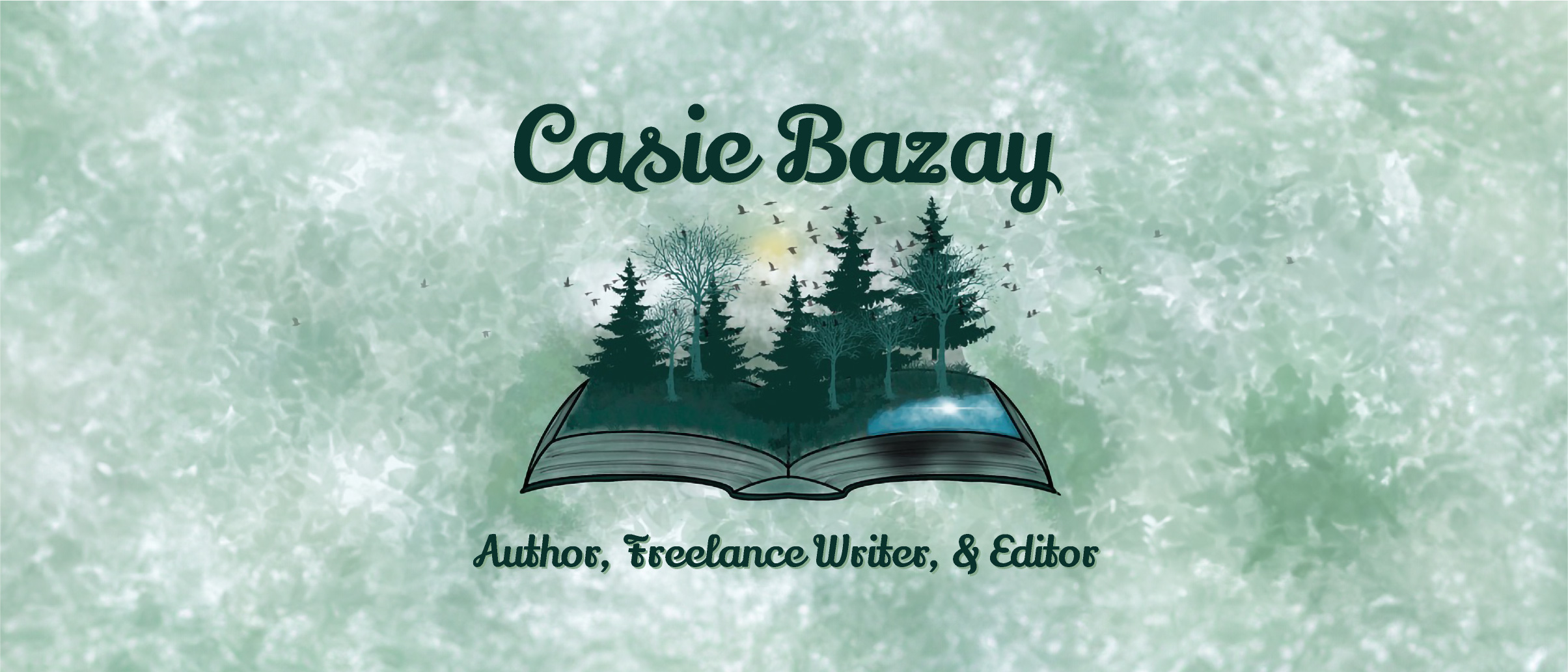For this month’s post, I’m doing something a little different. But if you’re an #amquerying writer, working on your first book, or are just interested in learning more about writing and publishing, in general, hopefully you’ll find it helpful.
On Twitter, I recently asked what burning questions people had about getting an agent or getting published. Here are some of those questions, as well as my answers to them.
How do you know when your book is ready to query?
Ah, the age old question! There is no easy answer to this, but here is my advice: Never query with a rough draft. In fact, your book will likely need multiple rounds of revisions before it is ready to see daylight. For me, personally, I revise several times and when I feel it’s in decent enough shape, I then send my book to beta readers or critique partners (currently at this stage with my 6th book). Once my beta readers/CPs give me feedback, I revise again, maybe several times. Depending on how I feel about the manuscript at that point, I may send to a few more betas or I may start querying (or send to my agent, in my current case). My final step before querying was always to listen to my book on a text-to-speech app (I use the free version of Natural Reader) to try and catch any missed or repetitive words, etc. No matter how much the book has been revised, I always find them! But once I felt I’d done the best I could on the book and was satisfied that it was as typo-free as I could get it, then I would query.
Can you have one agent representing you if you have multiple books in different genres or can you have multiple agents?
This is a good question. Most likely, you’ll want to find one agent who can represent all of your books and many agents do represent writers for all of their projects. As a querying writer, this is where good old agent research comes in. If possible, query agents who represent all the genres you write in. If that’s not possible, try to get an agent for whichever project you feel best about. Then have this conversation with any agent who offers representation. It may be part of your contract that you CANNOT have multiple agents or it may be fine. Only your agent can tell you this. I have heard of people having different agents on occasion, but this usually only happens when they write in at least two very different genres. This might be fiction and non-fiction. Or it could be children’s books and adult romance (in which case a pen name is usually needed!)
Regarding agents’ #MSWL – are the things they’re asking for based on what they know publishers want or is it a personal preference?
Being that I’m a writer and not an agent, I can only venture an educated guess here, but I would say both. Every agent has their own personal tastes and that is what they are going to be interested in reading and representing. However, a good agent also knows the current market and therefore, likely won’t ask for something that they know would be a difficult sell. On the flip side of that, an agent might be willing to take on a project that isn’t high up there on their preference list BUT they know it will likely sell in the current market. One thing to keep in mind about the market–it’s always changing. Therefore, I’d keep an eye on the #MSWL for any agents you are really interested in working with because they may update it over time.
*Note: MSWL stands for manuscript wishlist.
Do agents consider selling your shelved projects after you’ve signed?
The short answer is yes. Every agent is different though. If you have a shelved project that you are still passionate about, bring it up to your agent and see if they’d be willing to read it.
What happens if your agent doesn’t like your next book?
This happened to me actually. After signing NOT OUR SUMMER, I sent my agent my next book, a YA romance (which already happened to be completed). She basically told me it needed a stronger hook but was open to me proposing revision ideas. However, by the time I got this feedback, I was already getting into my next project, so I decided to shelve the romance for now. I’m not sure what will happen with it quite yet, but after some careful thought, I agree that it does need a more compelling hook to stand out in today’s crowded YA market.
I know from talking to other agented friends that this happens sometimes. If it happens to you, try not to be discouraged. Agents often know the market better than we writers do. However if your agent doesn’t like ANY of your subsequent books, you may want to think about finding a new agent. An agent is your business partner, so you need someone who is excited about your books and wants to sell them.
What happens if your agent leaves agenting?
This does happen occasionally, and the result will likely depend on the literary agency. I have heard of people being passed over to a different agent at the same agency, but often times, you’ll have to start the querying process all over again with a new book. The good news is that if you’ve previously been published and had any type of success at all, then you will likely have an easier time finding a new agent. And even if you haven’t been published yet, a writer who’s previously signed with an agent is still going to stand out in the slush pile.
Is there an appropriate amount of time between the rejection letter and wanting to submit a different manuscript to the same agent that should be followed or is it okay to submit right away?
I’m not exactly sure what would be deemed “appropriate” in a circumstance like this, but personally, I’d wait at least a month or two. You could then explain that you recently queried with X Book but also had Y Book in the works and it’s now ready to query. If they like your book, they aren’t going to care how recently you queried with a previous book and if they don’t like it, I’d say they’re still not going to take issue with my suggested time frame.
How do you know if your debut book is a “success?”
Hmm, well, I’d say success is quite subjective. To some, selling 100 copies of their first book would be a success while others might feel the need to earn out their $100,000 advance to feel successful. It’s different for every writer. The only part of the publishing process that we really have control over is the writing. Yes, we can build a platform and market our books, but for the most part, book sales are going to be out of the traditionally published author’s control. I’d say just focus on writing more high-quality books instead of worrying about how successful your debut was.
Author copies-what to do with them?
I received 20 author copies of NOT OUR SUMMER when it came out last May and I still have 10 of them left. I have used them mainly for giveaways, which I’ve either done on my own, via Twitter or Instagram usually, or for giveaways done by book promoters. In fact, there’s a giveaway going on right now on Brandie June’s blog if you’re interested! I donated a few of my author copies to local school libraries and I gave one away to a Tiktoker (who didn’t end up promoting it on TikTok, go figure). I’ve also donated a couple copies for auctions. Another option is that you can send them to book reviewers. You can also host your own giveaway on Goodreads, but I believe it costs around $100.
The most effective swag is what?
Personally, swag doesn’t really impress me. I’ve never ordered a book because the swag alone. Some people do, but I’d say most do not. In fact, this makes me think of a YA writing conference I attended a few years ago where the authors in the panel told a joke: what do you call a group of brand new authors? A swaggle! LOL. Swag seems to be mainly a thing done by new authors.
That said, I did give away some cute little temporary tattoos that go with the theme of my book with all of my pre-orders. If swag is your thing, do it. If not, I’d say don’t worry about it.

Keep in mind that I’m not an expert in the publishing industry, so it’s possible that answers to the above questions will differ depending on who you ask. However, if you have further questions along these same lines, leave them in the comments and I’d be happy to try to answer them.


Felicia
Great info. Thanks for taking my question!
Casie
You’re welcome!